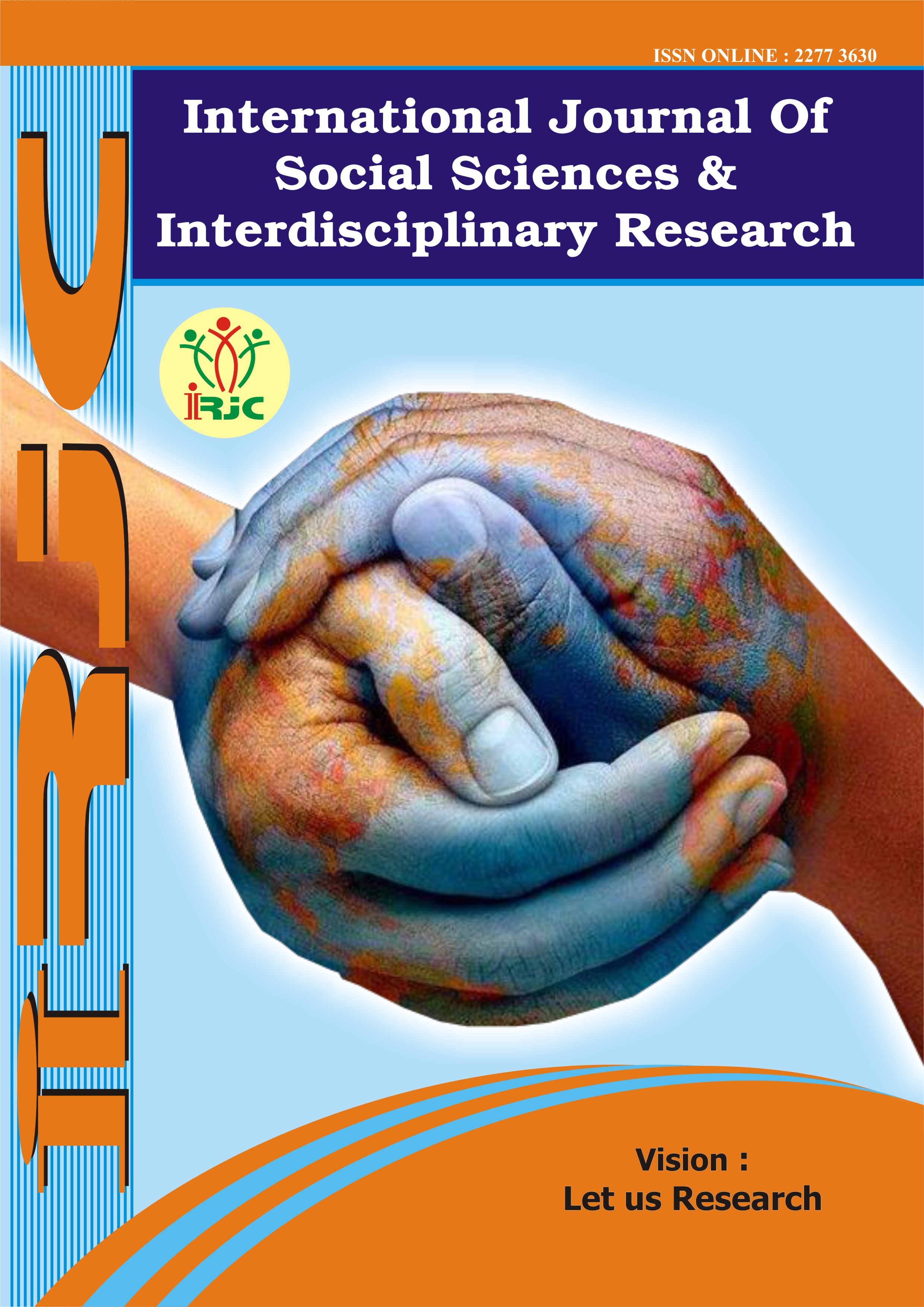A SOCIO-ONOMASTIC ANALYSIS OF THE SELECTED SCHOOL NAMES
Keywords:
Beliefs, culture, historical record, naming, phenomenonAbstract
This paper interrogates the societal circumstances that surround the names that were given to selected primary and secondary schools. The study, therefore, seeks to identify and reveal the culture and history embedded in these names by looking at the significance of the naming of twelve government schools in the Kabwe District of Central Province from a socio-onomastic point of view. The sample schools have full names of people, that is, first and surname. A qualitative case study design was chosen to guide the study. Semi-structured face-to-face interviews, followed by telephonic interviews and document analysis were used to collect data from twelve participants who represented the twelve sample schools. A phenomenological theoretical locale was adopted to underpin the study. The study shows that human beings have a deep-rooted need to name things influenced by particular phenomena and researchers have long recognized that there is much power in naming things. The study also reveals that names are given to human beings, things, and places to identify, symbolize, refer to, describe, simplify, and organize. The study also reveals that before the written alphabet was developed, and as far back as oral history existed, humans felt duty-bound to name things, people, and even weather patterns. The study further shows that the naming practice goes beyond cultures and religions, geographies, and periods, from primitive tribes to the present day. Therefore, the names are a historical record that carries some aspects of a people's way of life which include their history, beliefs, and customs among others.
References
Cavana, R.Y., Delahaye, B.L., & Sekaran, U. (2001). Applied business research: Qualitative and quantities methods. New York: John Wiley & Sons Australia.
Creswell, J.W. (1998). Qualitative inquiry and research design: Choosing among five traditions. Thousand Oaks, CA: Sage.
Crystal, D. (1987). The Cambridge Encyclopedia of English Language. New York: Cambridge University Press.
Cyril G Williams (1981). Tongues of the Spirit. Wales: University of Wales Press.
Dickens, S.M. (1985). Western influences on the Zulu system of Personal naming. Unpublished MA dissertation. Rhodes University.
Kabeta, R. M., Manchishi, P. C. and Akakandelwa, A. (2015). Instructional Leadership and Its Effect on the Teaching and Learning Process: the Case of Head Teachers in Selected Basic Schools in the Central Province of Zambia. International Journal of Science and Research (IJSR) ISSN (Online): 2319-7064, Volume 4 Issue 4.
Kasonde-Ngandu, S. (2013). Writing a Research Proposal in Educational Research, Lusaka: UNZA Press.
Kombo, D. K. & Tromp. D. L. A. (2014). Proposal and Thesis Writing: An Introduction. Nairobi: Paulines Publishers Africa.
Koopman, A. (1989), “The Aetiology of Zulu Personal Names”.Nomina Africana. Vol.3 No2 Pp31-46.
Koopman, A. (1990). ‘Some notes on the Morphology of Zulu Clan Names’. South African Journal of African Languages. 4.1: 333-37.
Lungu, B. (2020). Semantic and Pragmatic Analysis of Selected Namwanga Personal Names (Masters dissertation). Lusaka: University of Zambia.
Mapara, J., Nyota, S. and Mutasa, D. E., (2005) Shona Names as Communication and Description case of Manyika, in VDM Verlag: Dr Muller E K McCombs and Shaw.
Marjie-Okyere, S. (2015). A Linguistic Survey of Types of Names among the Babukusu of Kenya. Global Journal of Human-Social Sciences, 15(3).
Mathangwane, J. T. & Gardner, S. F. (1998). Language Attitudes as Portrayed by the Use of English and African Names in Botswana. Nomina Africana, 12(12): 74-87.
Mandende, I.P, (2009). A study of Tshivenda Personal Names. PhD thesis; University of South Africa. South Africa.
Max Weber. (1904). The Protestant Ethic and the Spirit of Capitalism. New York: Charles Scribner's Sons.
Downloads
Published
How to Cite
Issue
Section
License
Copyright (c) 2024 GEJournals

This work is licensed under a Creative Commons Attribution-NonCommercial-NoDerivatives 4.0 International License.





